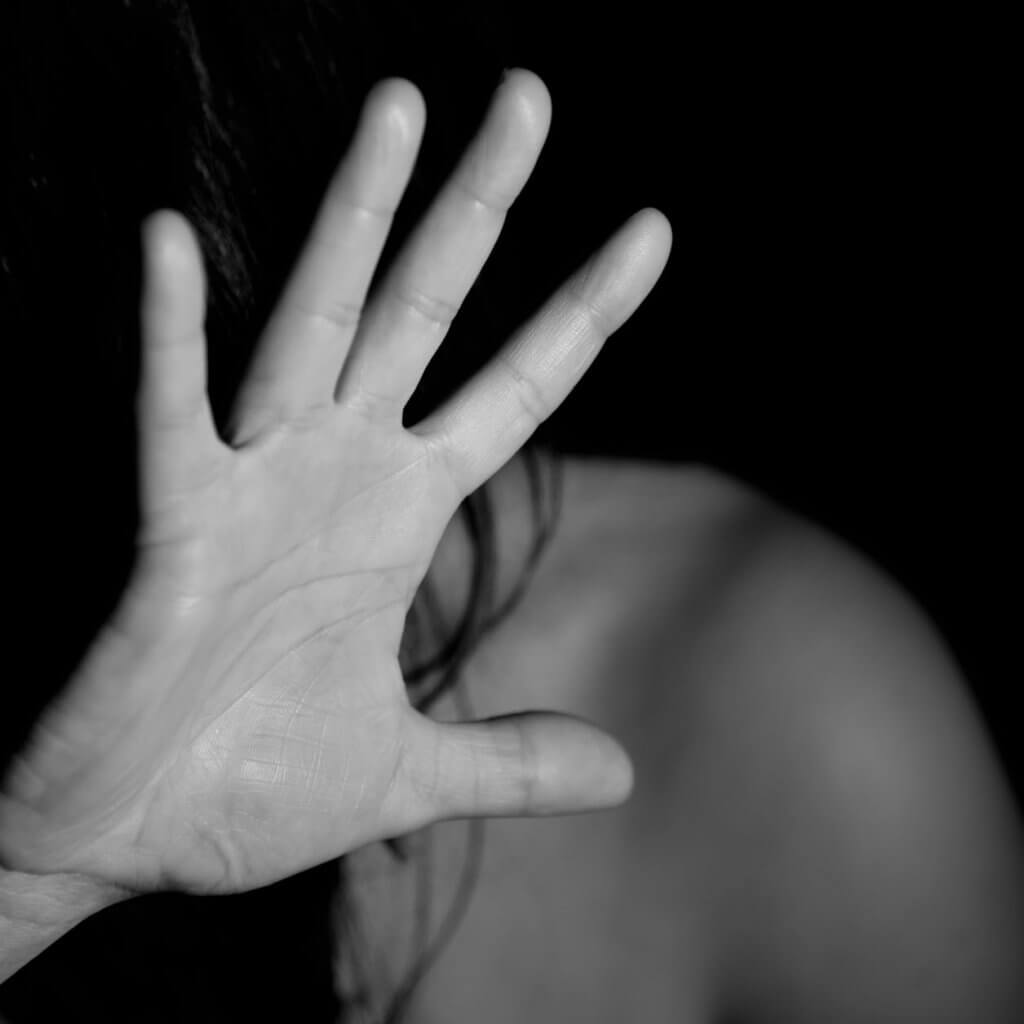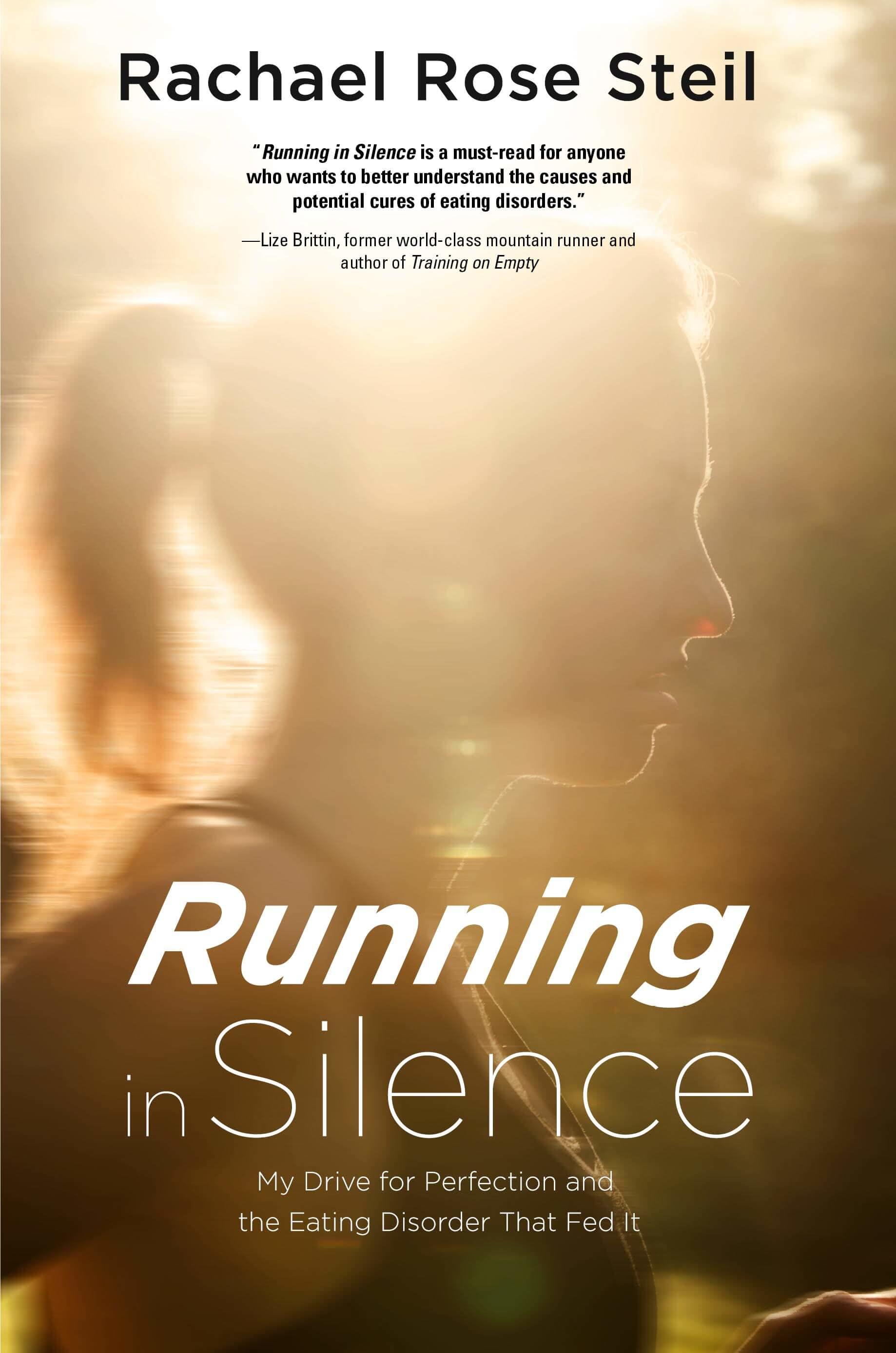Running With an Eating Disorder Part II: A Day in Binge Eating

Eating disorders in runners don’t limit themselves to anorexia. As someone who was obsessed with counting calories, controlling my food intake, but also running as an All-American for college, I eventually fell into the rebound effect that many other runners find themselves in, but don’t often speak about: binge eating.
8am. You don’t wake up as early as you used to. You sleep in as long as you are able to avoid waking and remembering the nightmare you live in. You don’t want to face the scale. You don’t want to feel how bloated your stomach is from last night’s binge.

8:05am. You step on the scale even though you’re trying to avoid using it. You’re in the midst of recovering from your eating disorder, but bingeing each day doesn’t quite feel like the recovery you were hoping for.
The number on the scale fills you with such grief and frustration; it mortifies you to witness what you’ve done to yourself.
8:15am. You eat alone in the apartment you share with one roommate. You are glad no one will see you eat this morning.
You count calories, yet counting calories doesn’t limit how much you consume anymore—nothing seems to be able to stop the uncontrollable monster you have within that always drives you to food. No matter how much this weight rapidly climbs and negatively impacts your running performances, you feel powerless to stop the obsession with food.
You finish your meal set by your eating disorder dietitian and walk away.

8:45am. As you begin studying, you tell yourself that your breakfast was enough. But you can’t shake the feeling that you have an “itch” you need to “scratch.” You can’t stop thinking about food.
Your mind is always thinking about food.
9am. You walk back to the refrigerator and pull out the cold oatmeal you cooked up the day before. You add tuna, of all foods, to the oatmeal, and scoop the combination into your mouth with the celery sticks you chopped up earlier that morning. Strange combinations like these are not foreign to you.
You add as much tuna as you can to this concoction because you’re worried about eating enough protein, concerned that you must stuff yourself with the most filling foods that are lowest in calories. You eat more protein than your body wants, because this is punishment, a forced torture so that your body will FILL UP for once. You hate that you’re this hungry again, even after the binge the night before. You swore you were going to control yourself better today.
3:15pm. You don’t bother to eat lunch because your large breakfast ended up also being your lunch, and if you count calories like you normally do, you know the amount of food you’ve eaten would have covered dinner as well.
You are so full but you know you must run with your teammates at practice. You can’t just go tell your coach, “Sorry, I ate too much again. I can’t run because my stomach hurts from my lack of self-control.”

On top of the stomach pain, your thighs rub together uncomfortably, and you don’t know how to deal with this yet because you didn’t know this would happen when you gained weight. You never heard others talking about their thighs chafing, so you wonder if you are alone in this. You’ve tried all different pairs of shorts to see what could remedy the problem without giving away your discomfort, because to admit that you feel this—that your thighs are rubbed raw after each run, that your running tights are worn thin on the inside, would be too embarrassing.
You feel distant from the team. You look at their stomachs, wondering how they can eat foods you would never touch, and still stay thin. You feel broken, uncontrollable, and ashamed. You wonder how they connect so well with each other, how they bond, how they seem to barely think about food each day.
5pm. You eat dinner with your teammates in the cafeteria, but you feel like they are all watching what and how much you eat. You eat large salads, stuff yourself with healthy, low-calorie food because you are too terrified to give in to dessert. You think you do not deserve dessert.
6pm. During your night class, your mind wanders back toward food. You wonder how you could possibly be hungry again. You had hoped the lesson would be the distraction you needed, but all you think about is how you could get a snack from the vending machines two floors below.

10pm. You go to bed late because you end up eating at night again, too much food for what you feel you “should” eat. You jump every time your roommate comes into the kitchen from studying, and you wonder how she can throw away food she “just didn’t feel like eating.” You eat, late into the night, your mind too focused on food, too eager to satisfy this hunger to complete a paper due in three days.
You fall asleep in tears, eager to escape the pain but afraid to sleep with such a full stomach, and unsure of how much longer you can live in this nightmare.
–
Rachael Steil, author of Running in Silence: My Drive for Perfection and the Eating Disorder That Fed It, is committed to correcting the misconceptions and ending the stigma of eating disorders for those at any body weight who struggle to speak up.

Available on Amazon
Latest Articles
 Is Running on a Treadmill Easier Than Running Outside?Runners have their own preferences, whether it is treadmill running, running outside on the road, or exploring trails. So...
Is Running on a Treadmill Easier Than Running Outside?Runners have their own preferences, whether it is treadmill running, running outside on the road, or exploring trails. So... Is It OK to Use Trail Running Shoes on the Road?While trail running shoes can be used on roads, especially in situations where a runner encounters mixed terrains or pref...
Is It OK to Use Trail Running Shoes on the Road?While trail running shoes can be used on roads, especially in situations where a runner encounters mixed terrains or pref... How to Fix Sore Quads After Running?Rest, ice, gentle stretching, and over-the-counter pain relievers can help soothe sore quads after running. Also, ensure ...
How to Fix Sore Quads After Running?Rest, ice, gentle stretching, and over-the-counter pain relievers can help soothe sore quads after running. Also, ensure ... 10 Fruits With The Most Electrolytes to Replace Sports DrinksThese fruits are high in electrolytes such as potassium, magnesium, and calcium, essential for hydration, muscle function...
10 Fruits With The Most Electrolytes to Replace Sports DrinksThese fruits are high in electrolytes such as potassium, magnesium, and calcium, essential for hydration, muscle function...

